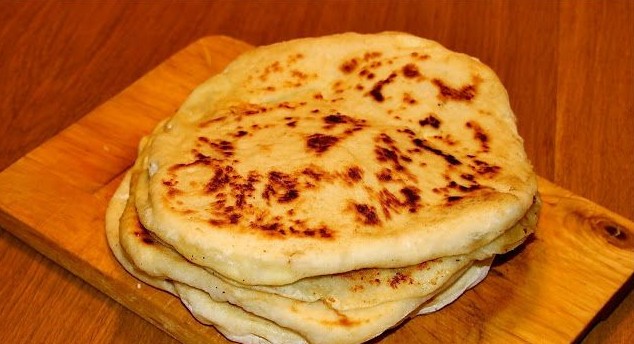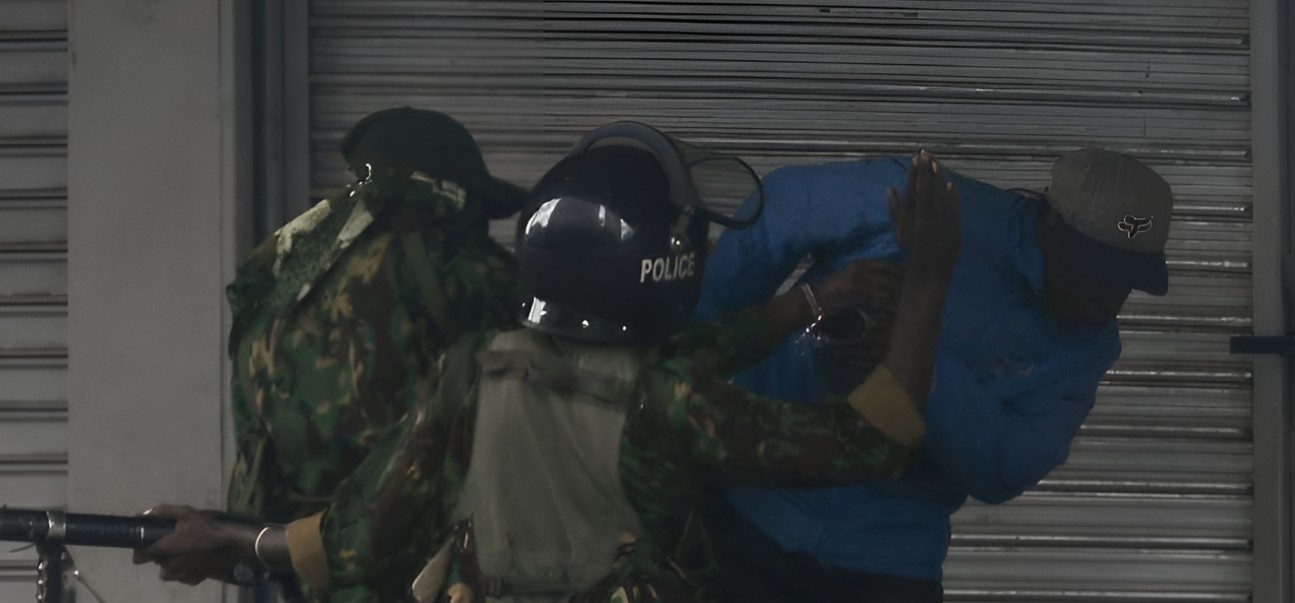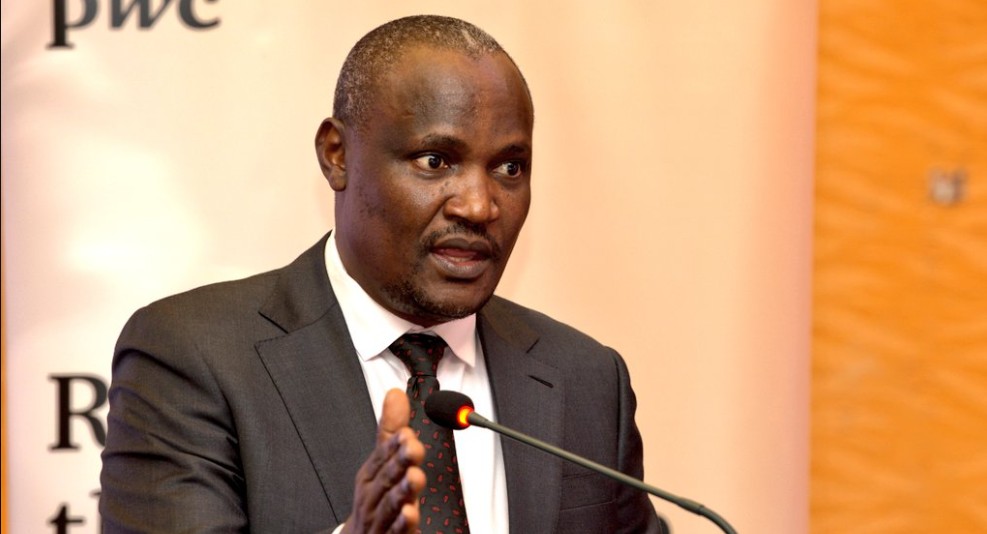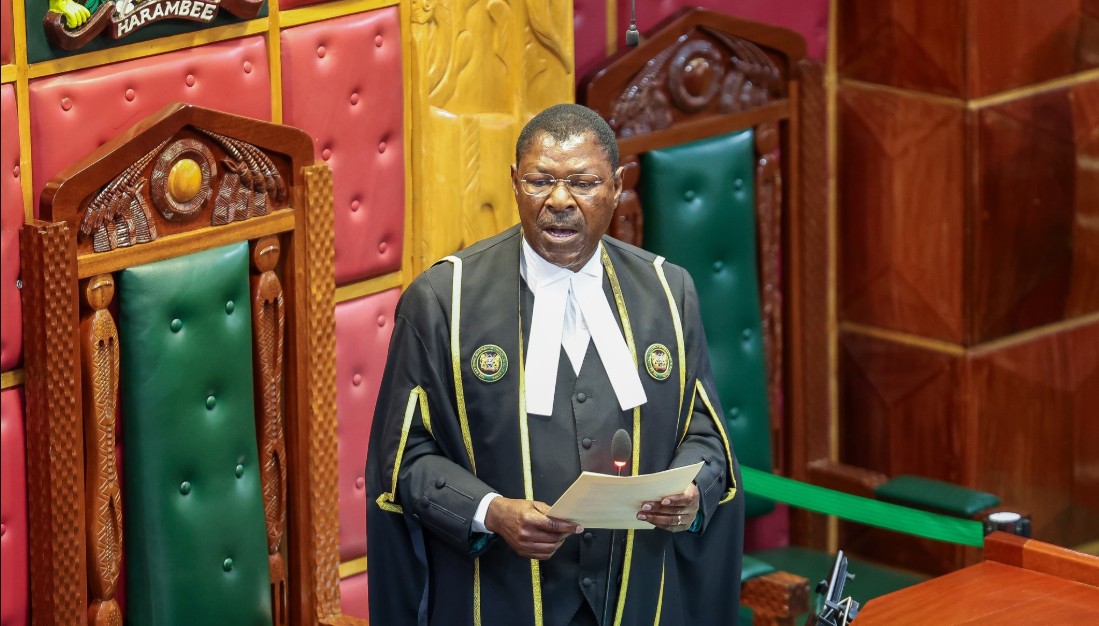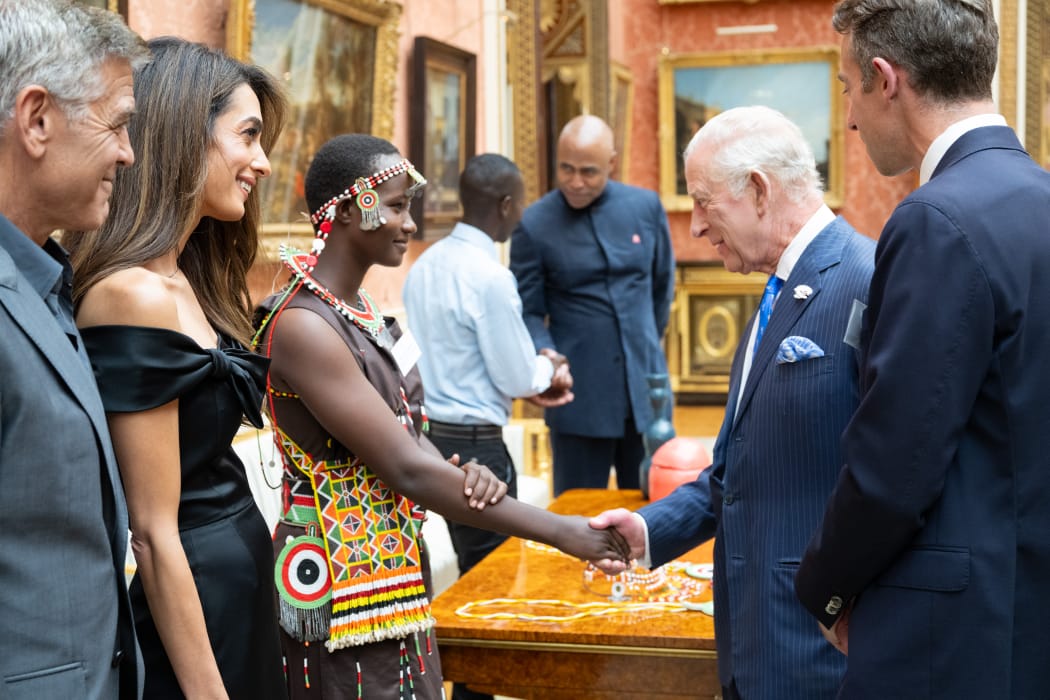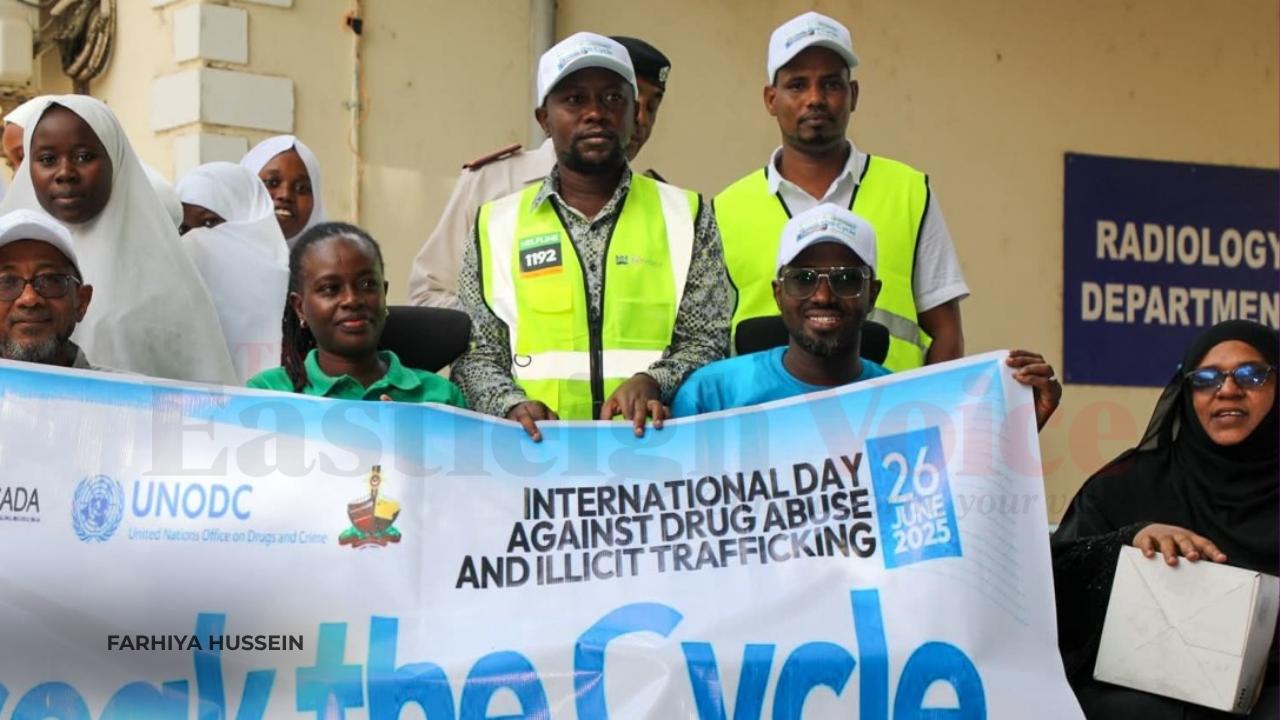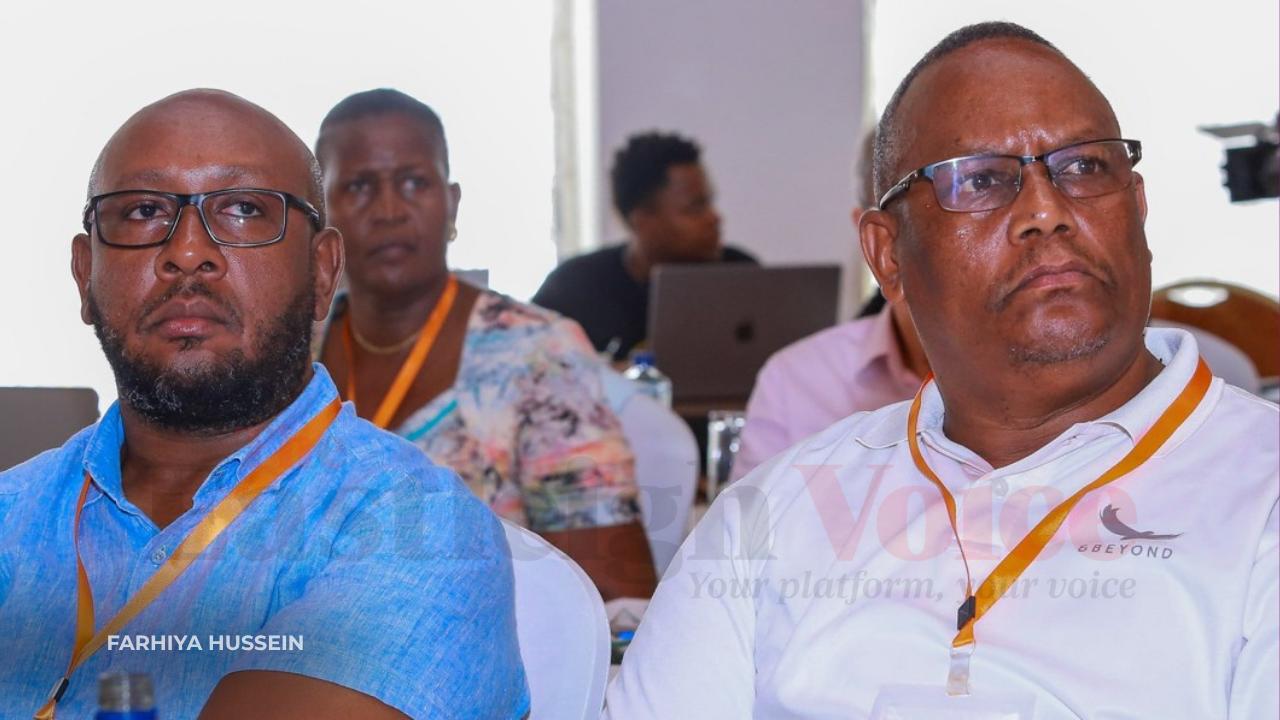Choice of Gen Zs: Why top politicians are scrambling for the votes of Gen Zs
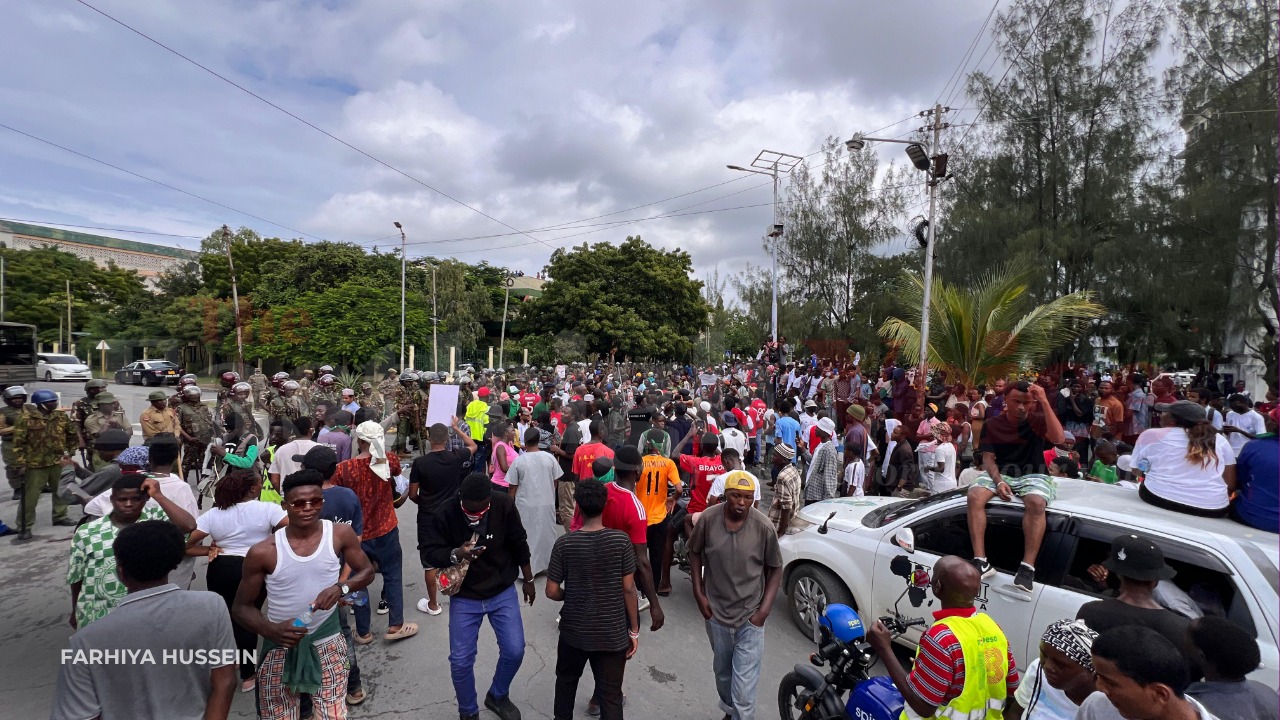
With over 70 per cent of Kenya’s population under 35 years old, politicians are racing to win over young voters, who are expected to play a decisive role in shaping the country’s next government.
Before the tumultuous events of June 25, 2024, few thought of Generation Z as a constituency that is capable of driving significant change in the country. However, their participation in governance and calls for accountability have made them the darling of politicians seeking to unseat President William Ruto.
Presidential hopefuls are endearing themselves to Gen Zs with the hope of securing their support. Busia Senator Okiya Omtata is having hopes of securing the backing of Gen Zs, having christened himself as a candidate with the ability to give Kenya a fresh start.
More To Read
- You now carry the weight of Kenya’s peace and security, Ruto tells new KDF chiefs
- Ruto: It cannot be business as usual after police attacks, firearm thefts, arson
- Ruto condemns June 25 deadly protests, orders arrest of perpetrators
- Ruto: You can't save the country by burning it, if you want me to go, show me your plan
- Ruto meets AUC chief Mahmoud Youssouf amid growing doubts over union’s reform agenda
- Senators raise alarm over President William Ruto’s Sh23.5 billion industrial parks project
Former Chief Justice David Maraga has even gone ahead to announce that he is the choice of Gen Zs. “Yes, I am the Gen Z (presidential) candidate. I have children and many people have children. We must mentor young people so they take over from us,” he said during a recent televised media interview.
Former Deputy President Rigathi Gachagua talks absolutely well of the Gen Zs agitation for change, often referring to them as his children.
With over 70 per cent of Kenya’s population under 35 years old, politicians are racing to win over young voters, who are expected to play a decisive role in shaping the country’s next government.
In rallies, policy forums, and online platforms, politicians from across the spectrum are aligning themselves with young voters, a demographic that has traditionally been underrepresented at the ballot box but whose political influence is growing stronger.
The 2027 polls are expected to be high-stakes elections due to the interest shown by youth and their evident discontent with the current political class.
Both established politicians and emerging young leaders will compete for support from more than 10 million youth who will be eligible to vote in 2027. As of 2022, youth constituted 39.8 per cent of registered voters, totalling 8.8 million.
The Kenya National Bureau of Statistics estimates that in 2024, the country had 5,670,020 youth aged between 15 and 19. By the time the Independent Electoral and Boundaries Commission (IEBC) reopens the voter register, most of these young people will be eligible to receive voter cards in preparation for the 2027 elections.
According to political commentator Mark Bichachi, opposition figures love the new energy by the Gen Zs and would want to use them to achieve power.
“Opposition would love to be associated with the Gen Z movement. They want the Gen Z movement to choose them as the instrument to remove Ruto from power. However, it seems like they simply do not know how,” said Bichachi.
Previously, Registrar of Political Parties Anne Nderitu challenged youth to actively participate in forming political parties to ensure their interests are incorporated into party constitutions.
Nderitu criticised youth for declaring themselves “partyless” during last year’s Gen Z protests, warning that such a stance would prevent them from holding accountable the political parties that form government since they are not members.
She advised youth attending this year’s People Dialogue Festival at Uhuru Park in Nairobi that they could form their own political party aligned with their ideologies, requiring just three people to start.
Wiper Party leader Kalonzo Musyoka, who has been courting youth support for his 2027 presidential bid, has warned young people against being enticed to vote for irresponsible leaders who rely on tokenism and vote buying to gain power.
“People serving in government steal huge sums of money, and when election time comes, they bribe everybody. Gen Zs, I invite you to approach the next election with a different perspective.”
High Court Advocate and Political Observer Amnbrose Weda is, however, urging caution to presidential hopefuls relying on the support of Gen Z’s. The veteran lawyer notes that there are other factors such as finances, ethnicity and political formations that are also key determinants in electoral contests.
“Some think that the so-called Gen Z are a huge voting bloc. That they hate Ruto so much that they will gang up and vote him out. They ignore the ethnic, party and economic dimensions,” observes Weda.
Top Stories Today

